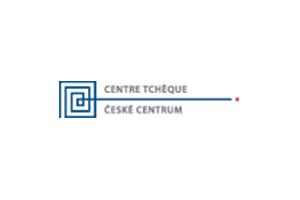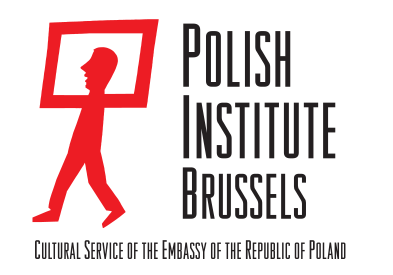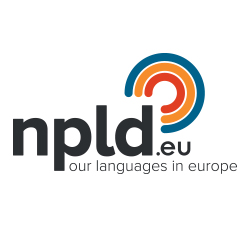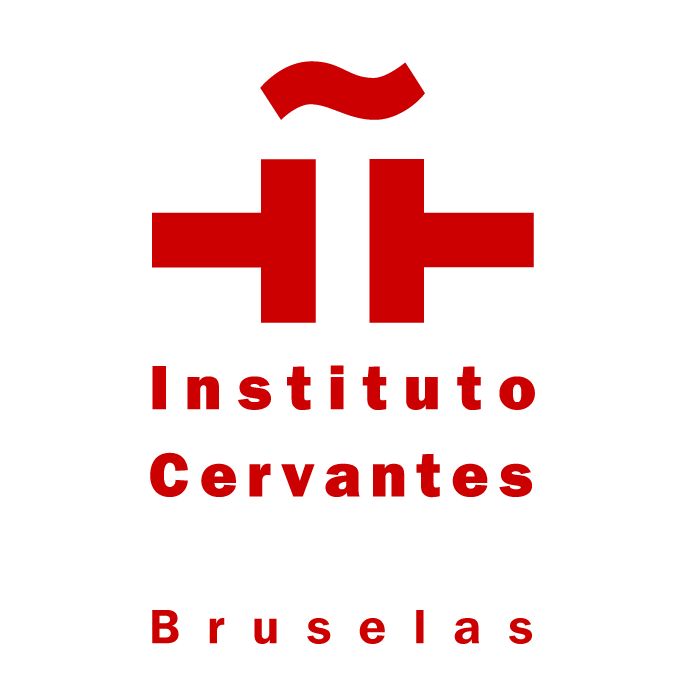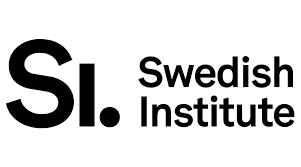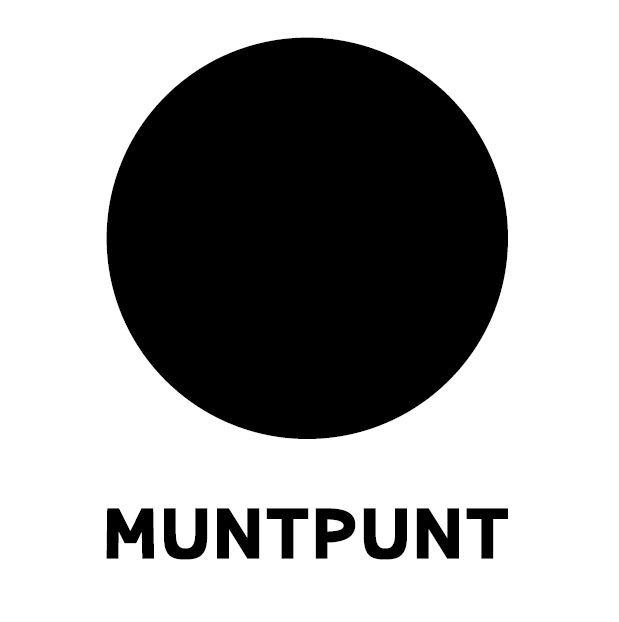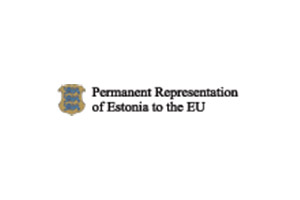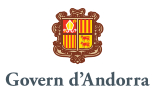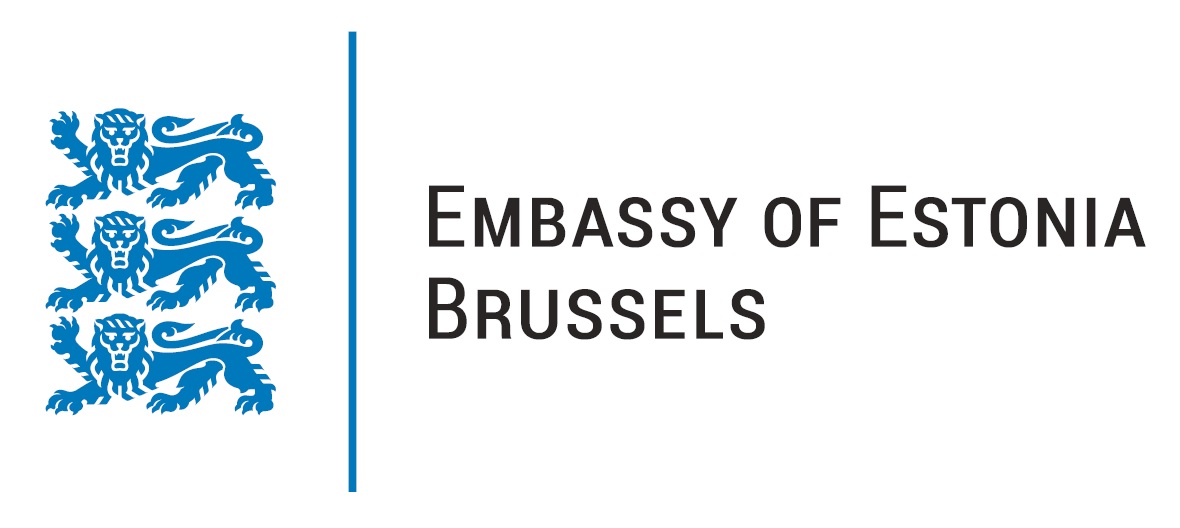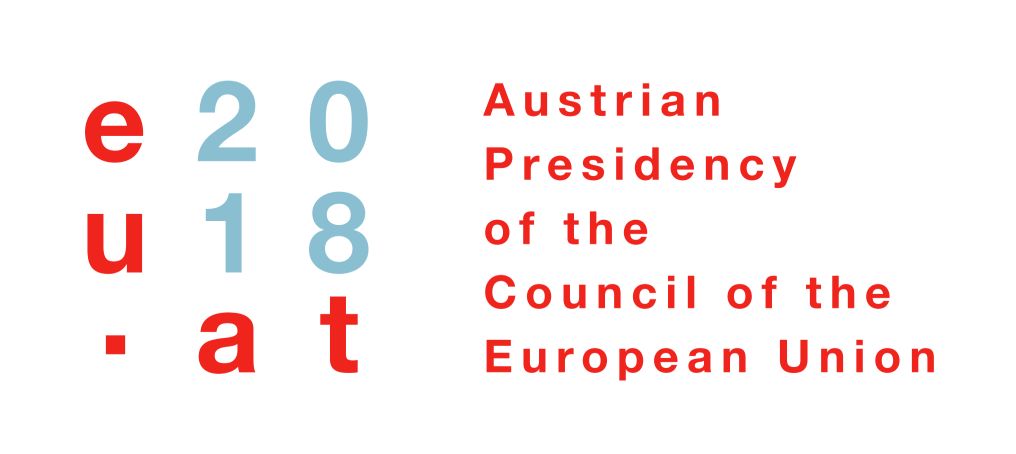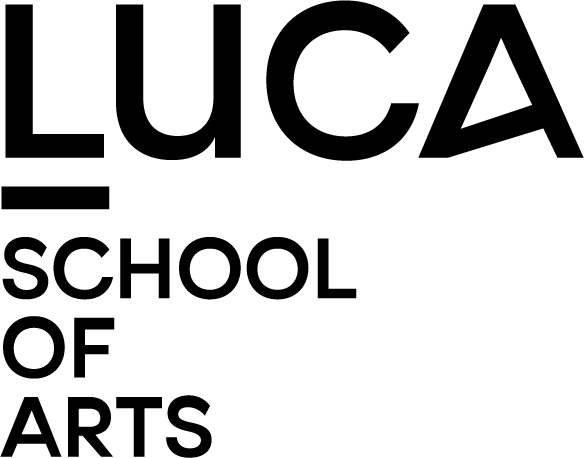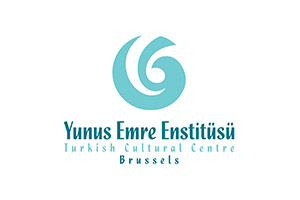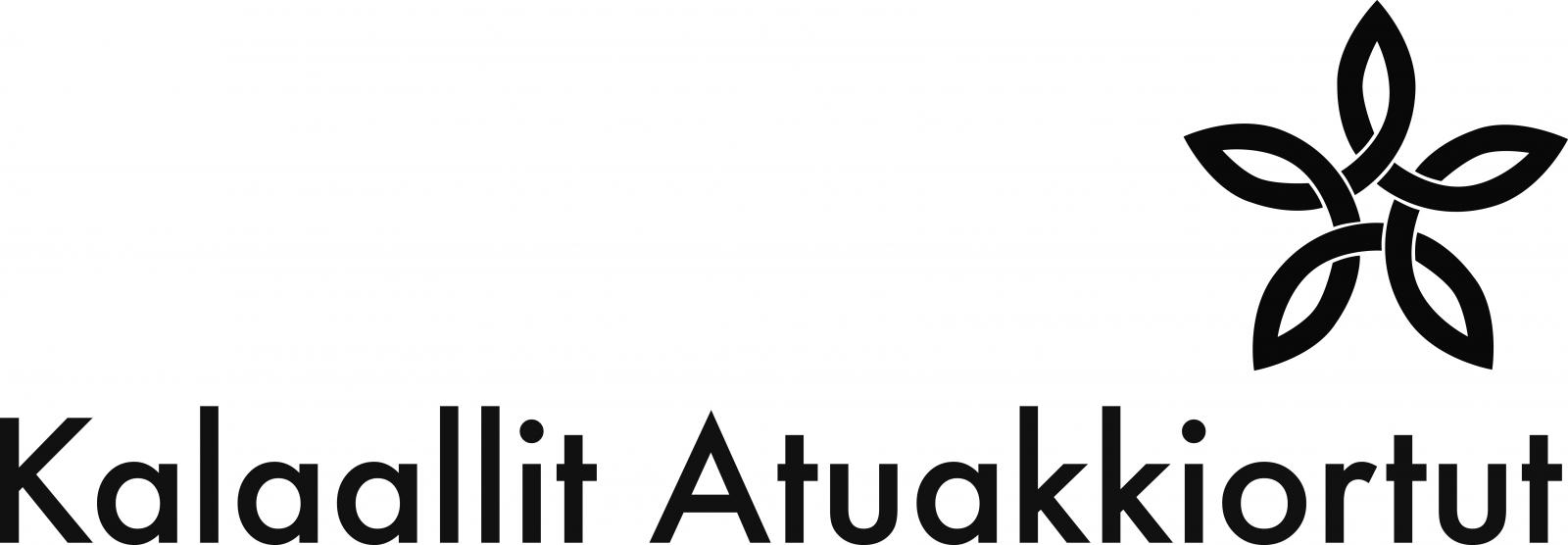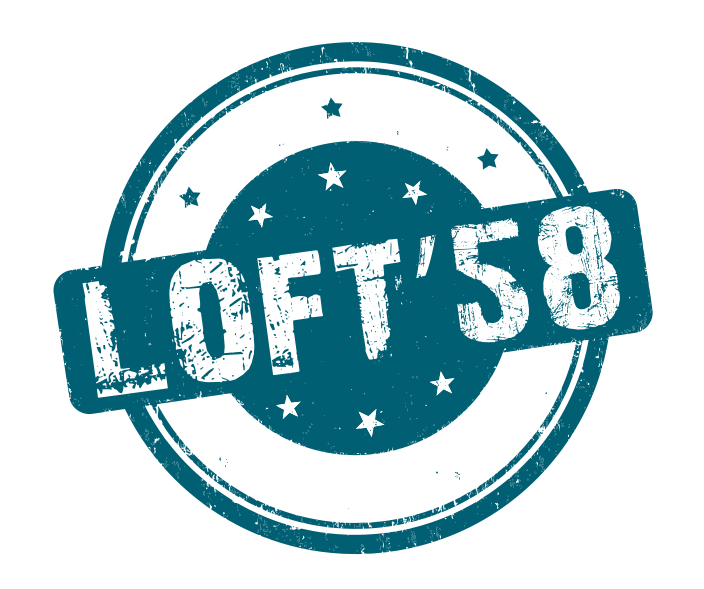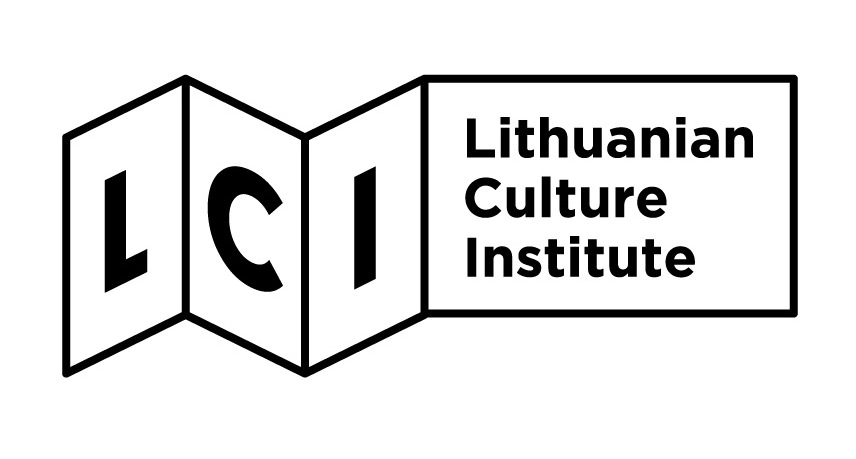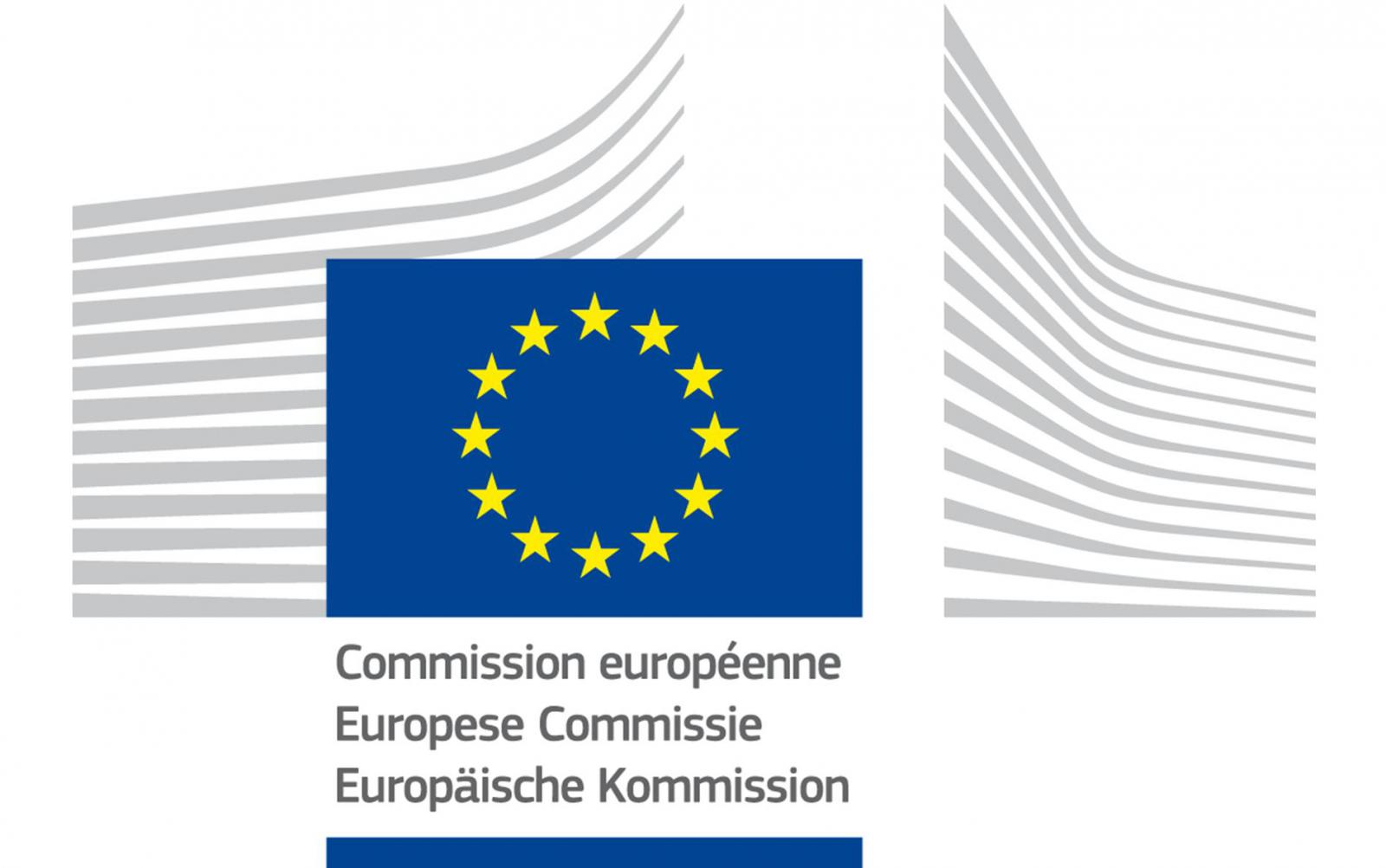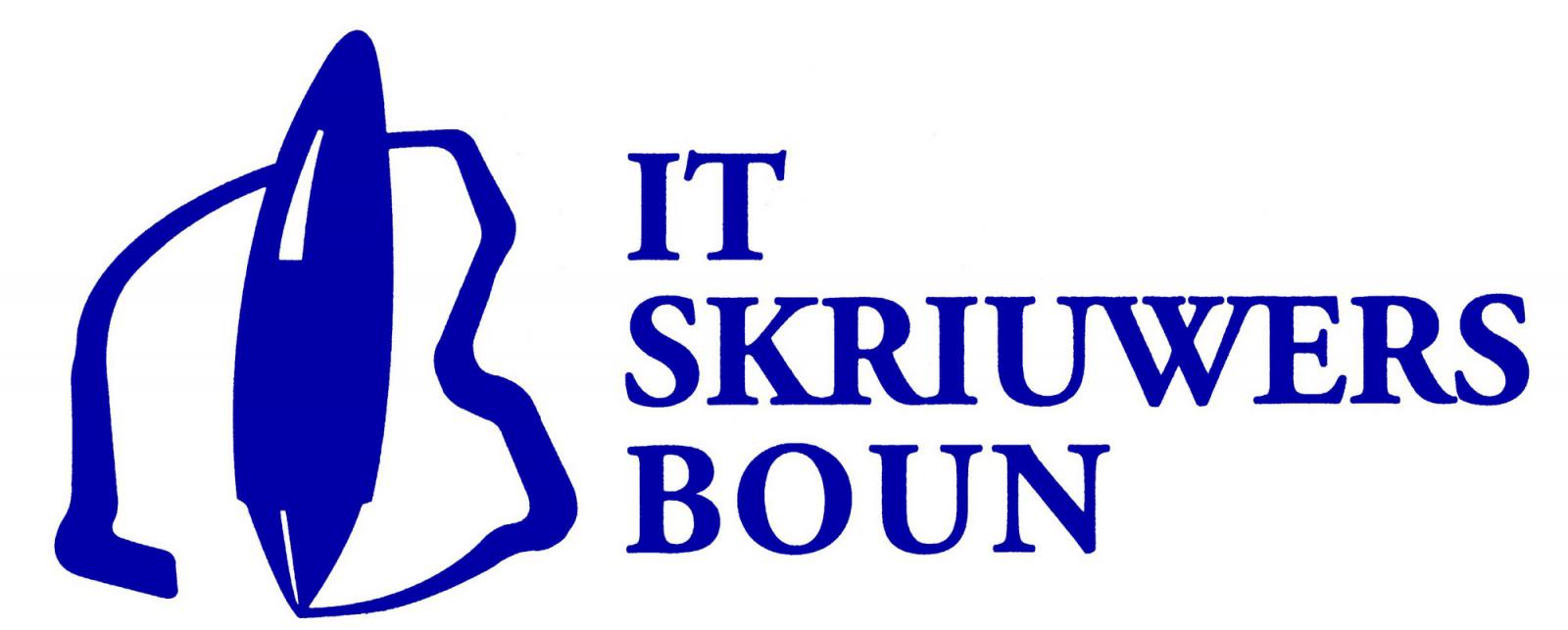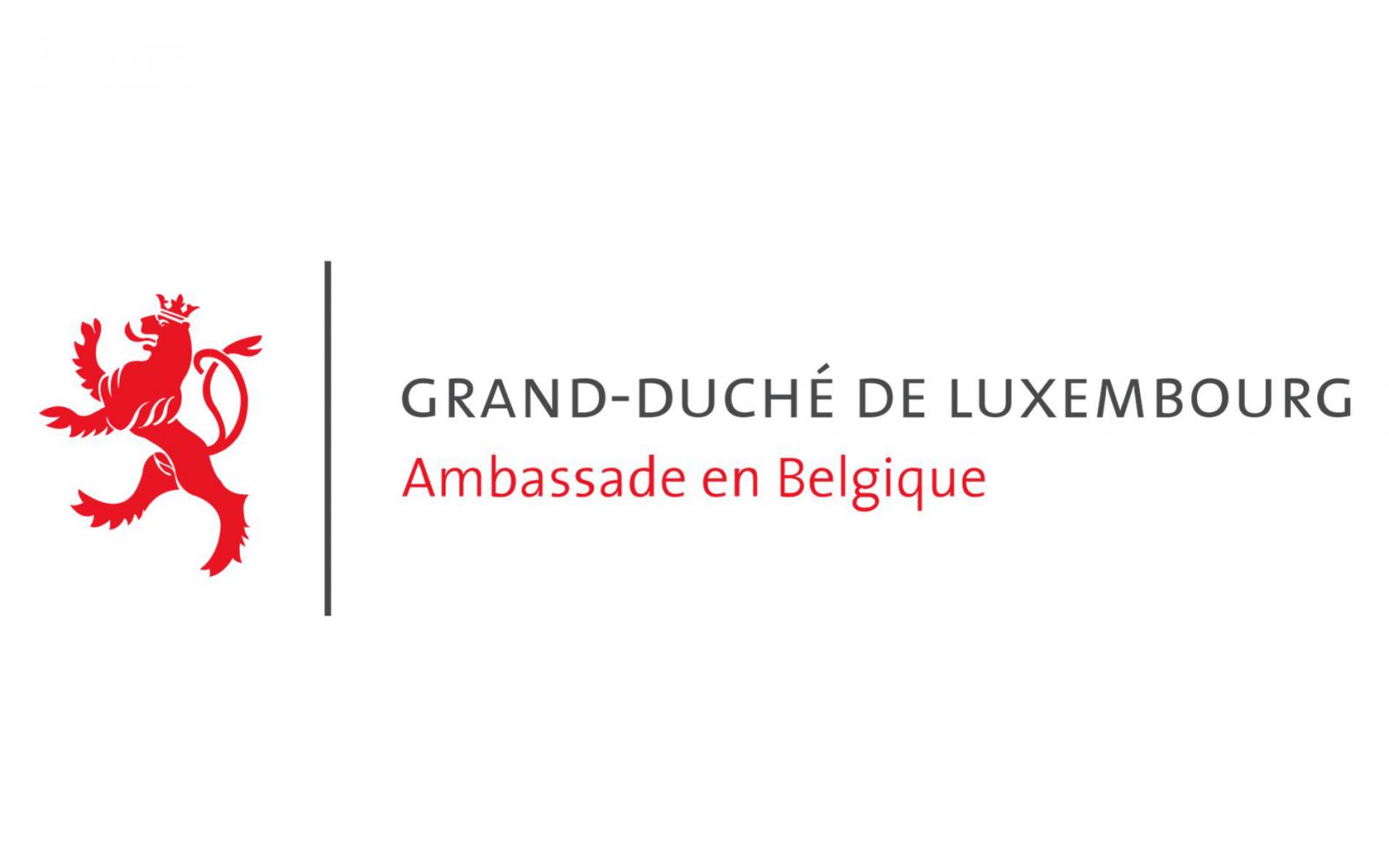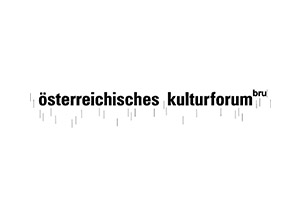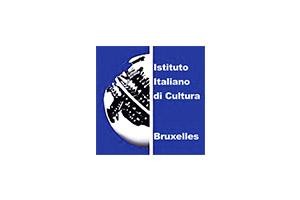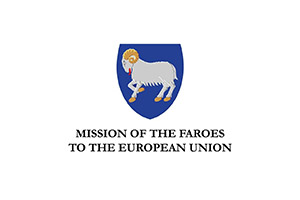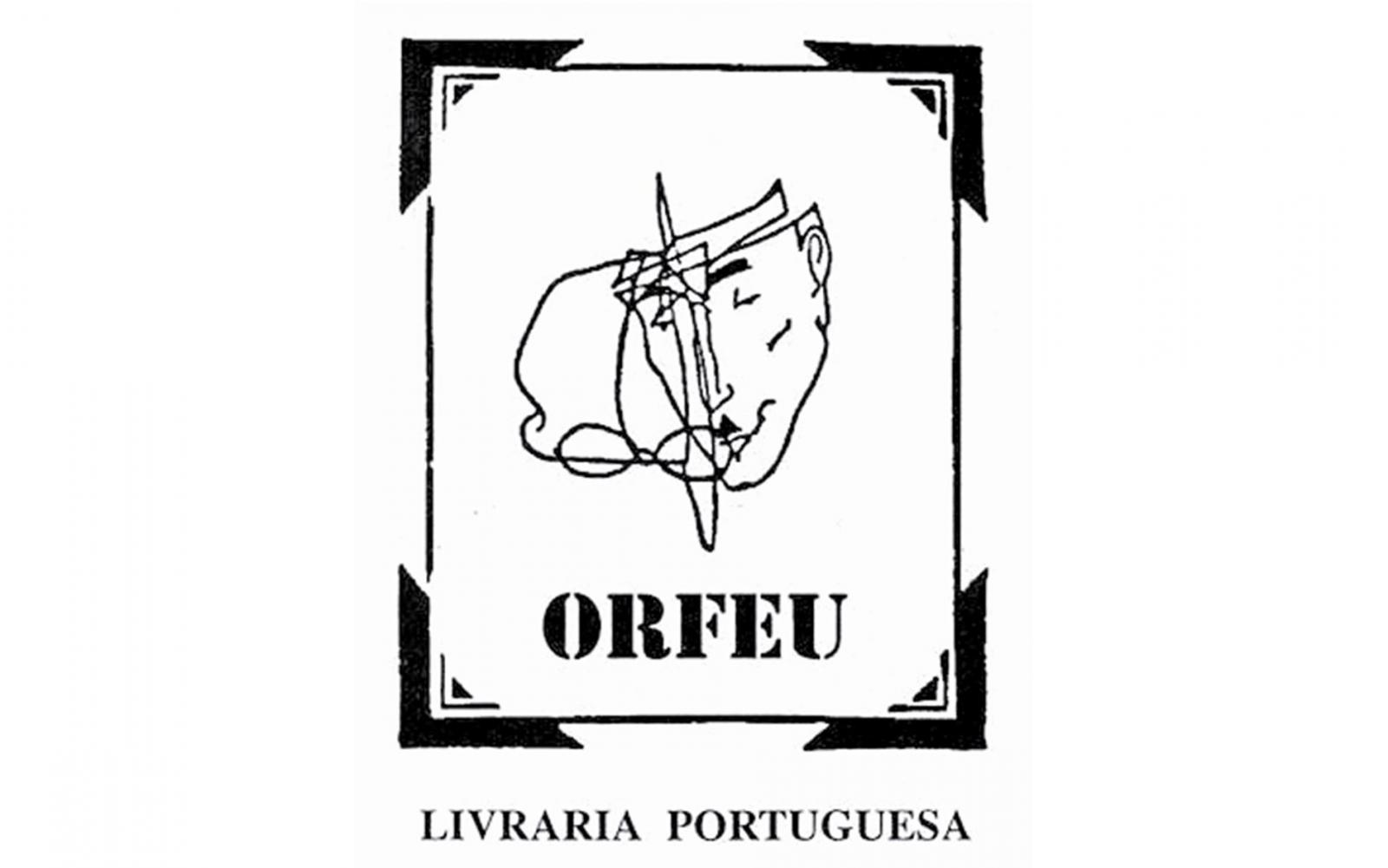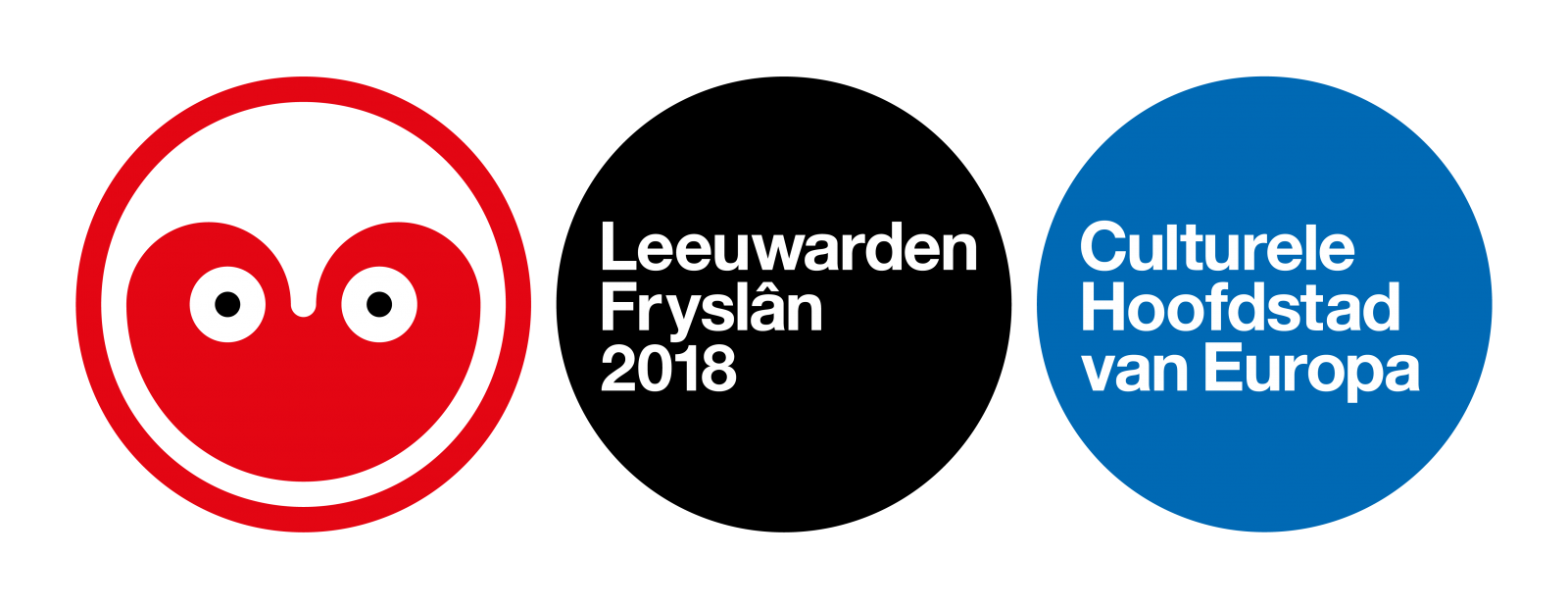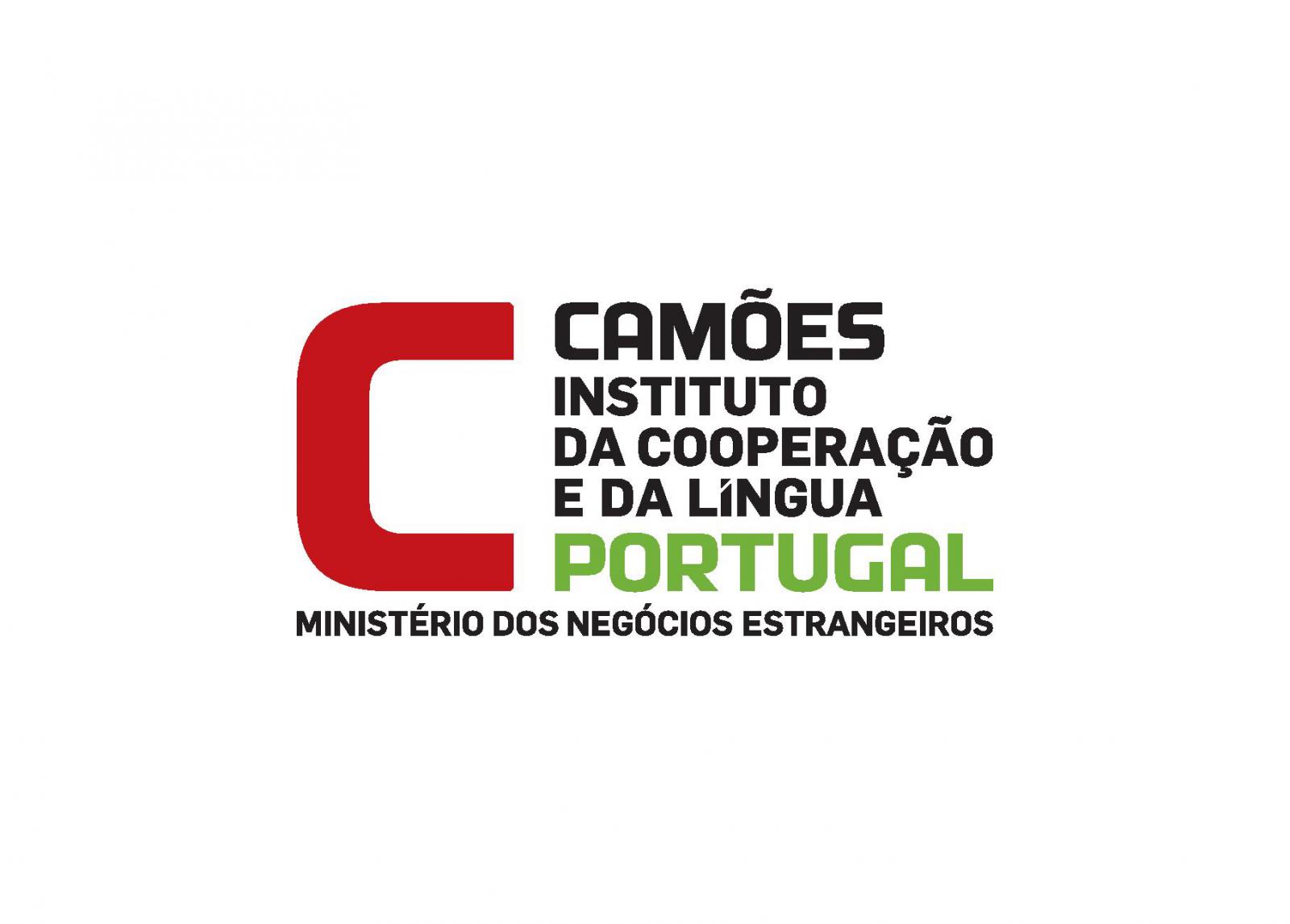Find a poet
Latest updates
-
TRANSPOESIE 2025
09/24/2025 -
Transpoesie 2025 - Programme
09/24/2025 -
Transpoesie 2025 - Open Call
04/16/2025
Lia STURUA
Born in 1939, Lia Sturua graduated from Tbilisi State University’s philology faculty. Since 1999 she has been a literature consultant at Galaktion Tabidze Museum. Her first collection of poems Trees in the City was published in 1962, followed by other 15 books, both poetry and prose. Lia Sturua made her entry into Georgian poetry showing a mastery of free verse, which has its origins in Georgia’s early hymnography. She delivered lectures at the Tbilisi State University and at the same time was a senior researcher at Shota Rustaveli Institute for Georgian Literature. Lia Sturua won many literary awards.
Née en 1939, Lia Sturua est diplômée de la faculté de philologie de l'université d'État de Tbilissi. Depuis 1999, elle est conseillère en littérature du musée de Galaktion Tabidzé. Son premier recueil de poèmes Les arbres d’une ville a été publié en 1962, suivi de 15 autres livres.
Outre la poésie, Lia Sturua a publié plusieurs collections de prose de qualité, dont Silence Heureuse et La pierre tombée dans le lait (un roman de perceptions). Elle a également publiée nombreux essais et des articles. Lia Sturua a fait son entrée dans la poésie géorgienne en montrant une maîtrise de la vers libre, qui trouve son origine dans notre hymnographie primitive. Elle devienne une poétesse géorgienne distinguée qu'après une grande persistance poétique et des années de la critique imméritée. Longtemps accusée par des critiques de chercher à imiter aveuglément les auteurs étrangers et de laisser son désir d’apparaître originale à tout prix à dominer son art. En 1974, elle a soutenu sa thèse de doctorat sur "La fonction artistique de la couleur dans la poésie de Galaktion Tabidzé". Elle a enseigné à l'université d’Etat de Tbilissi et a été en même temps chercheuse principale à l'Institut Shota Rustaveli de la Littérature Géorgienne. En 1997, une chaîne de télévision norvégienne a consacré un film à son histoire. Lia Sturua a remporté de nombreux prix, dont des prix littéraires : Prix littéraire SABA 2013 dans la catégorie Meilleur recueil de poésie et prix honorifique SABA 2017 pour la contribution à la littérature.
Lia Stoeroea (geboren in 1939) studeerde filologie aan de Tbilisi State University. Sinds 1999 werkt ze als adviseur in het Galaktion Tabidze Museum. In 1962 verscheen haar eerste dichtbundel en sindsdien volgden vijftien andere publicaties, zowel poëzie als proza. Lia Stoeroea introduceerde het vrije vers in de hedendaagse Georgische poëzie, een versvorm die zijn oorsprong kent in de middeleeuwse hymnografie van Georgië. Ze doceerde aan de Tbilisi State University en werkte als senior onderzoeker aan het Shota Rustaveli Institute for Georgian Literature. Lia Stoeroea is een veel gelauwerde auteur.

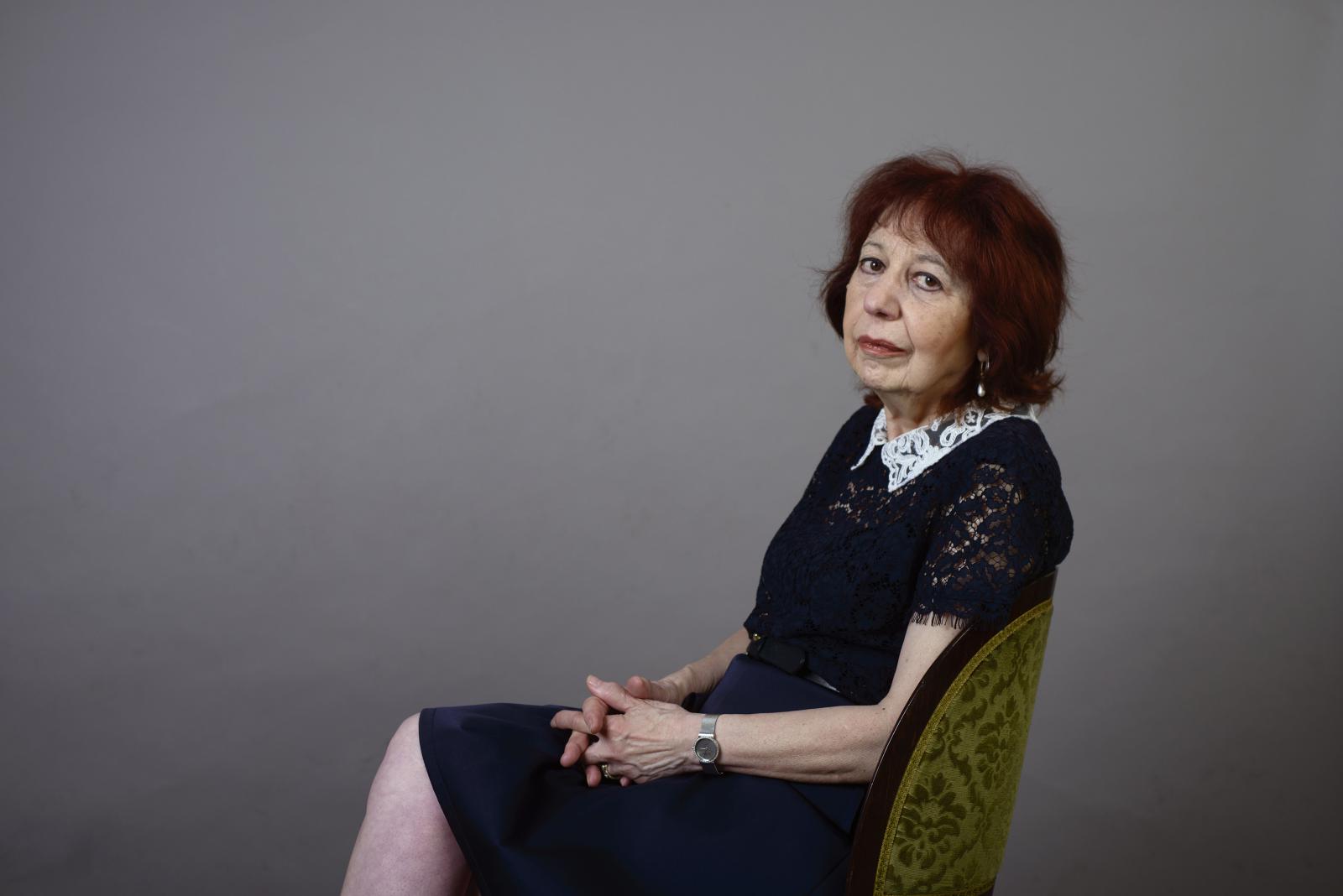
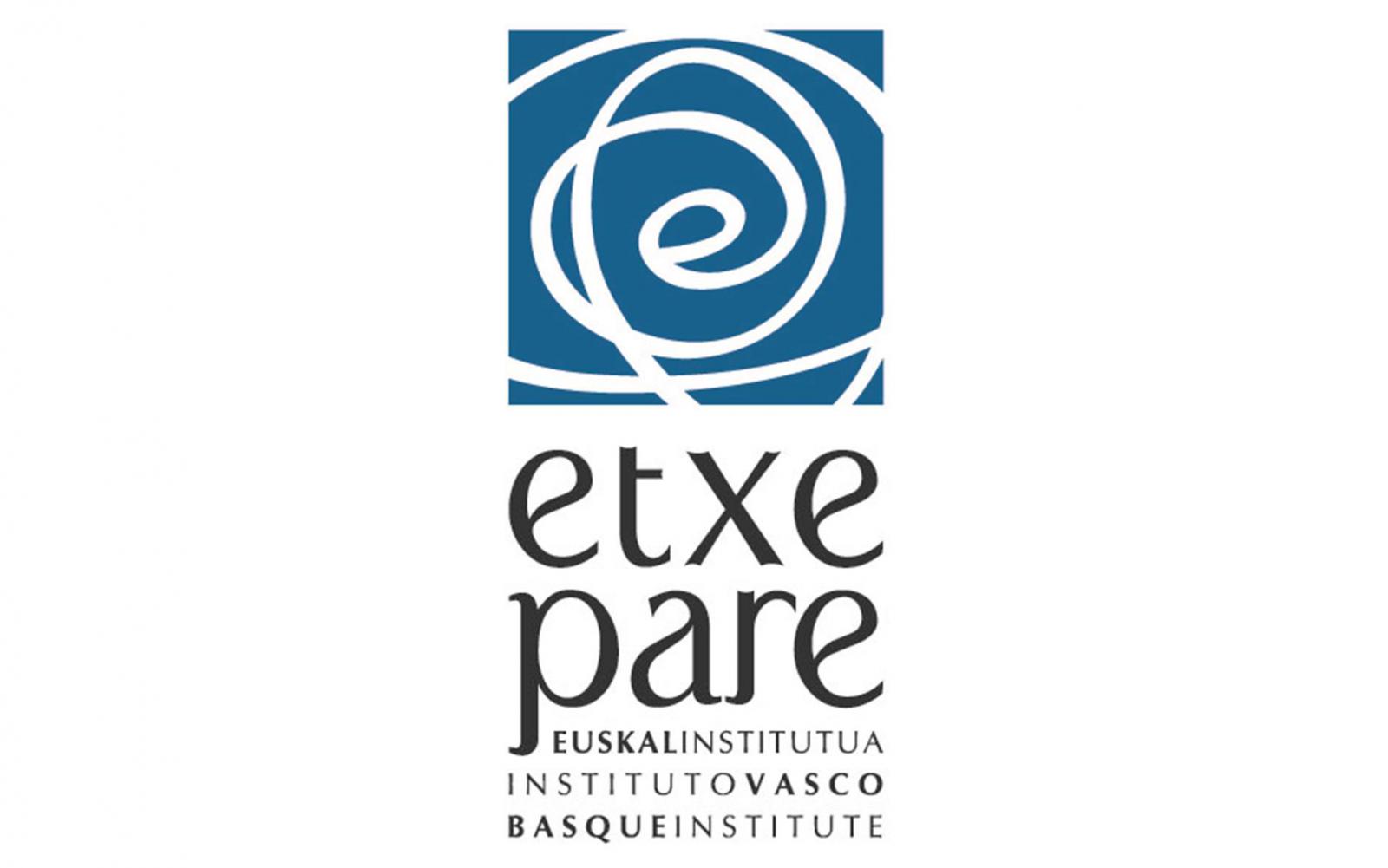

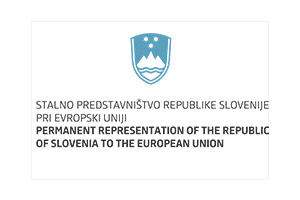
/RO - on the website.png)
